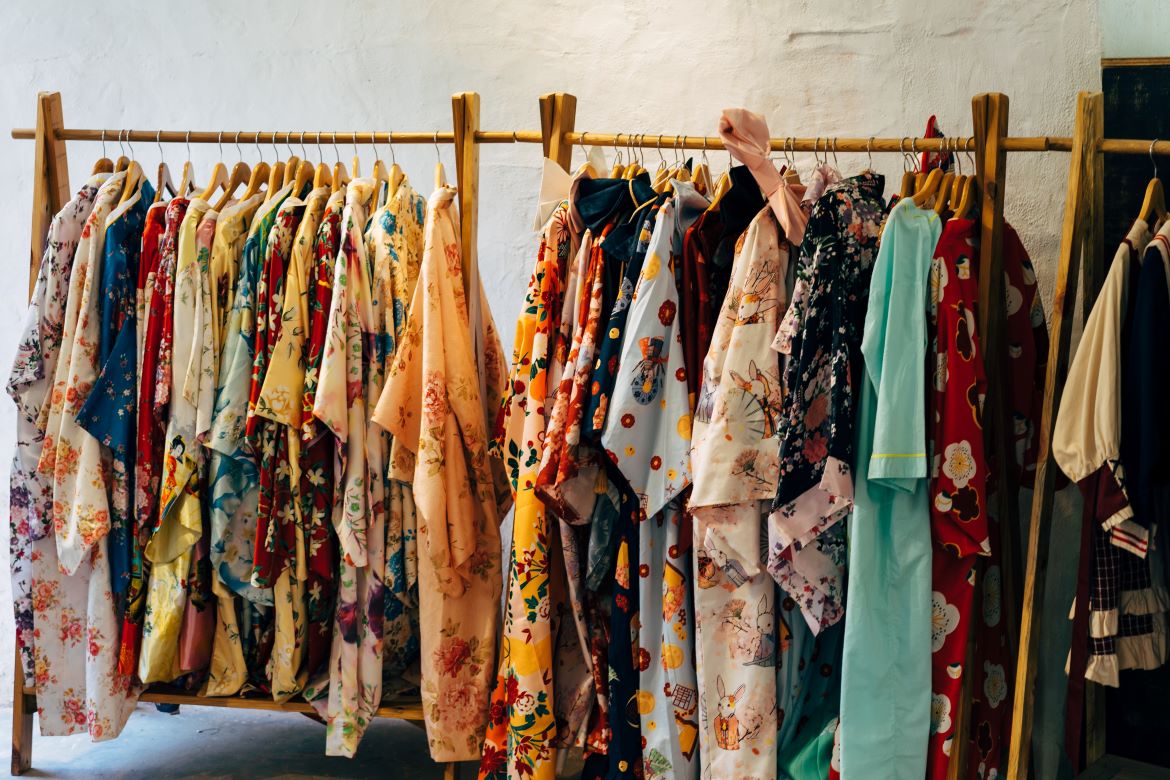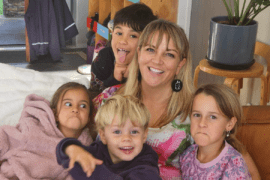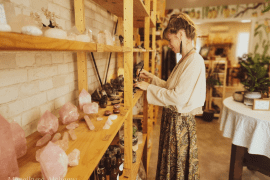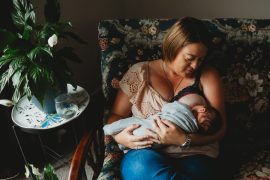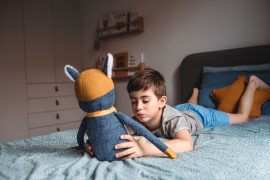Did you know that nearly 900,000 New Zealanders, or 18.9 percent of the population, suffer from hearing loss? They are children, teenagers and adults – many of whom are stuck in a silent world.
Thousands of New Zealanders are expected to wear their brightest outfits this October and raise vital funds to help give the gift of sound. Loud Shirt Day is the national fundraising campaign for The Hearing House (THH) and the Southern Cochlear Implant Programme (SCIP) – the only two charities in New Zealand dedicated to helping deaf children and adults learn to listen and speak.
Together, the organisations support the 2000 Kiwis who live with a cochlear implant, reconnecting them with school, work and the community.
Here are some little-known facts about hearing loss:
- Hearing loss can happen to anyone at any point. Sometimes there is a genetic cause, there may be a disease process, or it may happen suddenly for no known reason.
- Hearing aids become ineffective when the hearing loss is more than severe. Communication through spoken language becomes impossible. A cochlear implant is the last and only viable treatment that will restore hearing.
- A patient’s journey is just beginning when they receive a cochlear implant. They will need ongoing, specialist support from the Southern Cochlear Implant Programme or The Hearing House or the rest of their lives.
We have patients throughout New Zealand who are willing to share their hearing loss journey to raise awareness of Loud Shirt Day. For example:
Christchurch university student Lachie Bartlett
Lachie’s hearing loss was diagnosed at 18 months, and he lost his hearing completely when he was eight. He underwent surgery for a cochlear implant soon after. Lachie recalls the moment his implant was switched on for the first time:
“I can confidently say that the switching on of my cochlear implant, although over 14 years ago, is the most memorable and significant moment of my life. I was in the switch on room with audiologist Neil Heslop. My family were behind the one-way mirror that looked into the room. The switch on creates such intense, immediate exposure to a sense that I had never fully used in my life. I remember Mama saying ‘Hi Lachie’ from the other side of the glass. I smiled immediately. The next sound I heard was the tears of my nana and Mama.”

